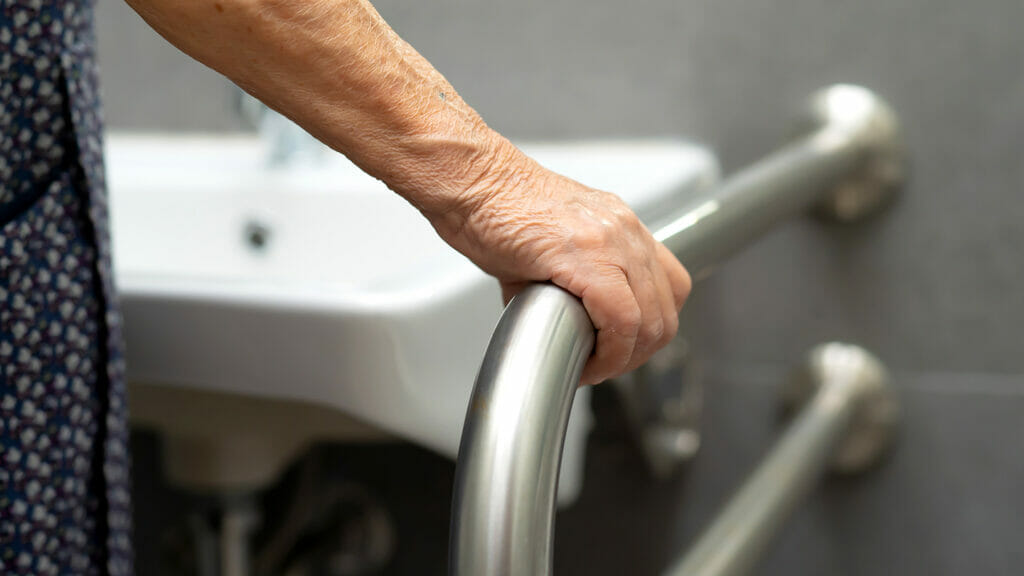
The steady stream of content on one’s smartphone feed can sometimes be overwhelming, but at least some of that material can now help address urination problems that older adults who have bladder issues sometimes face.
Designers have come up with an app-exercise combo that helps fill the need for older men who must empty their bladder.
Millions of older adults suffer from overactive bladders, including 30% and 40% of women and men aged more than 75 years, respectively.
The latter group were part of a study that looked at how app-delivered therapy potentially could help control urges.
Such an intervention could be important in senior living and care settings, where many emergencies such as falling occur while residents are on their way to, or attempting to use, the bathroom.
In the study, participants were asked to conduct pelvic floor exercises in conjunction with a 12-week app-based therapy program. The study participants, all men, were asked to record their symptoms and bathroom trips, as well as overall quality-of-life notes, for the research.
Those who used the bladder-issues app reported a significant reduction in symptoms, the researchers found.
“Many men with bladder-emptying disorders are aging,” co-lead researcher Christian Gratzke, PhD, said in a statement. “The limited drugs we have available aren’t suitable for these patients due to their side effects. For those with mild-to-moderate urinary symptoms, this digital therapy improves symptoms by a magnitude we have not seen before. Simply strengthening the pelvic floor makes all the difference. It’s a no brainer.”
Several smartphone tools designed to address older adults’ bathroom issues have come out in recent months. A digital conversation “agent” app was also shown to be effective at helping seniors with urinary issues, according to research from earlier this year. Another tool helps collect data for seniors’ caregivers to use and monitor symptoms.
The FDA also cleared a wearable device, the Revi System, late last year, which aims to help reduce overactive bladder function via nerve stimulation, the McKnight’s Tech Daily reported.


